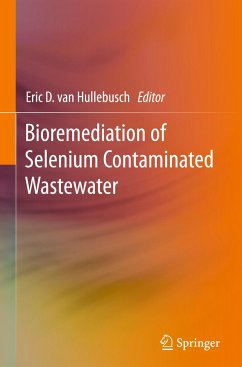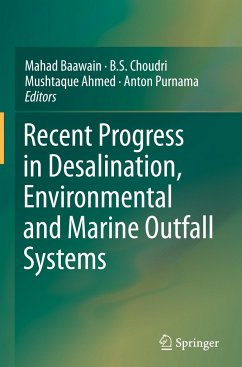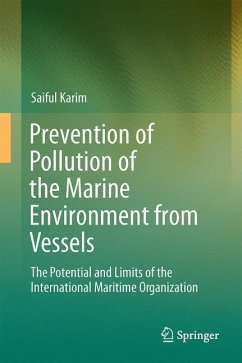
Environmental Challenges in the Baltic Region
A Perspective from Economics
Herausgegeben: Swain, Ranjula Bali

PAYBACK Punkte
57 °P sammeln!
This book explores environmental challenges in the Baltic region from an economic perspective. Featuring contributions from regional experts from Nordic, Baltic and Eastern European countries it addresses the response to eutrophication caused by increased loads of nutrients to the sea from agriculture, wastewater, industry and traffic, and cost-effective solutions to reach the Baltic Sea Action Plan (BSAP) targets, set up through the Helsinki Commission (HELCOM). Contributions also explore the environmental impacts of rural landscape change during the post-communist period in the Baltic Sea re...
This book explores environmental challenges in the Baltic region from an economic perspective. Featuring contributions from regional experts from Nordic, Baltic and Eastern European countries it addresses the response to eutrophication caused by increased loads of nutrients to the sea from agriculture, wastewater, industry and traffic, and cost-effective solutions to reach the Baltic Sea Action Plan (BSAP) targets, set up through the Helsinki Commission (HELCOM). Contributions also explore the environmental impacts of rural landscape change during the post-communist period in the Baltic Sea region and a review of the ex-post evaluations of the costs and benefits generated by Baltic Sea nutrient abatement policies. Public policies towards marine protection, wind power establishment, and attitudes to paying for environmental protection, environmental resilience and the international cooperation in the Baltic region are also discussed.












